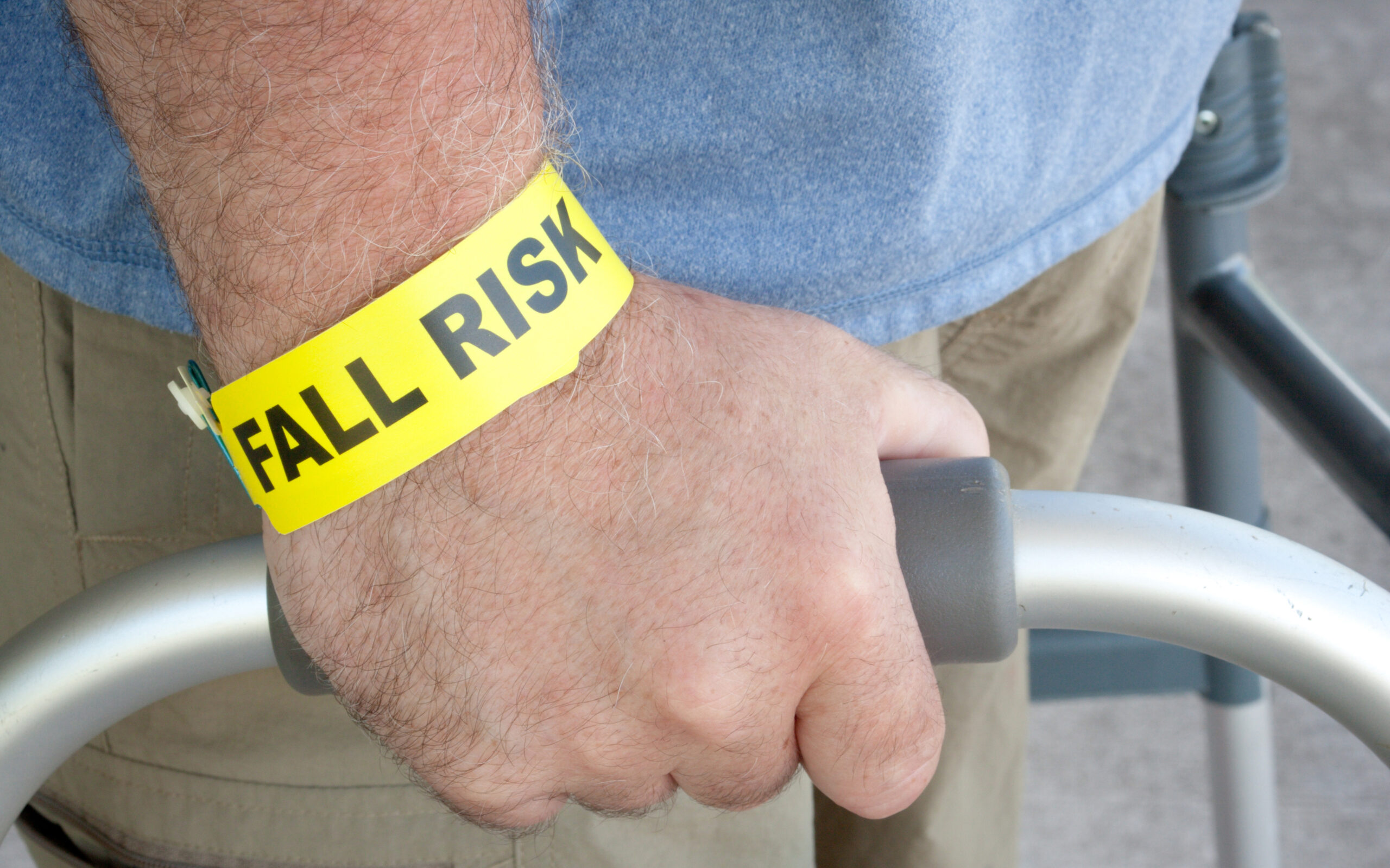Among the greatest fears surrounding growing old is losing one’s cognitive abilities or independence due to a loss of mobility stemming from a fall. A new study finds an unexpected link between falls and the incidence of Alzheimer’s disease without obvious cognitive problems.
According to a recent Science Daily post, research out of the Washington University School of Medicine found that in older people without cognitive issues who experience a fall, the neurodegeneration associated with Alzheimer’s may have already started. The study findings suggest that seniors who report falls should be regularly screened for Alzheimer’s, allowing for earlier treatment and lifestyle changes.
The research, published in the Journal of Alzheimer’s Disease, indicates that some falls among older adults are not linked to a loss of muscle strength or balance but rather changes in the brain due to Alzheimer related damage. These patients would require different strategies than commonly used to prevent future falls.
Falls are the leading cause of serious injury and death among seniors and according to the Centers for Disease Control and Prevention, 29 million older Americans experienced falls in 2014 alone; causing 7 million injuries and costing an estimated $31 billion in annual Medicare expenditures. Falls that result in injury frequently lead to a loss of independence for seniors, hastening a move into an assisted living facility.
Older people with Alzheimer’s disease are twice as likely to suffer a traumatic fall than seniors of the same age without dementia. But changes in the brain associated with A.D. begin long before memory loss or confusion becomes noticeable. This silent, preclinical stage of Alzheimer’s leaves older adults at greater risk of experiencing a fall, with no obvious symptoms of the disease.
Researchers discovered that neurodegeneration, detected by brain scans on study participants, in areas of the brain associated with memory was most likely the cause of falls in the very early stages of Alzheimer’s. These neural networks are also involved in receiving sensory input and controlling movement.
The study helps shed light on what may be early warning signs of dementia. By asking older adults about their history with falls, health care practitioners can better assess changes in the brain and make appropriate fall-prevention recommendations. Learn more about fall prevention strategies for the home by following this link to a related Oldish post.






Add Your Voice
0 Comments
Join the Discussion